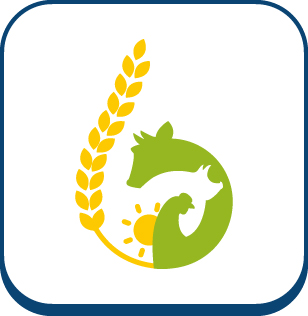Improving the cleaning and disinfecting process in pig farms: incidence of soaking mode on efficiency, water requirement, labour time and costs
Fiche technique
Titre :
Improving the cleaning and disinfecting process in pig farms: incidence of soaking mode on efficiency, water requirement, labour time and costs
Date sortie / parution :
2008
Référence :
Journées de la Recherche Porcine (Fra), 2008, Vol.40, poster
Auteur
Quelques mots clés
Autres documents
Incidence of growing pig housing conditions, fully slatted floor or straw bedding, on technical efficiency
Poster. Two housing systems (fully slatted floor vs straw litter) were assessed with respect to their technical efficiency through an experiment using two batches of 72 pigs over the 30-115…
Publié en 2008Objets neutres ou attractifs : que choisir en post sevrage et en engraissement ?
Poster. L’obligation de mettre à disposition de tous les animaux élevés en groupe des matériaux manipulables conduit à proposer des objets pour les phases successives d’engraissement. Faut-il maintenir le même…
Publié en 2008Individual scrubber in fattening pig units: effects on odours and ammonia emissions
Poster. Gas scrubbing could be in the near future a good way to reduce ammonia and odour emissions by pig units. One limit of this treatment is the necessity of…
Publié en 2008Facteurs d'optimisation du protocole de nettoyage-désinfection en élevage : importance des modalités de trempage
Poster. Afin d’optimiser encore l’efficacité et le coût du nettoyage-désinfection, l’augmentation de la durée de trempage et l’utilisation d’un agent mouillant dans l’eau de trempage restaient à évaluer.
Publié en 2008







